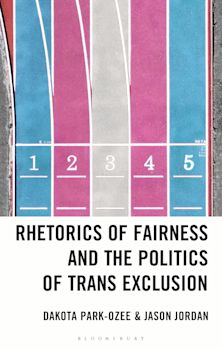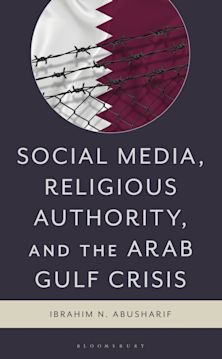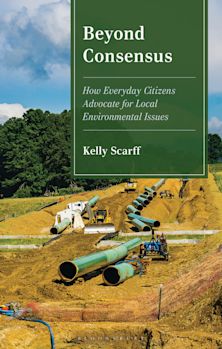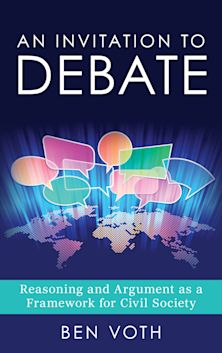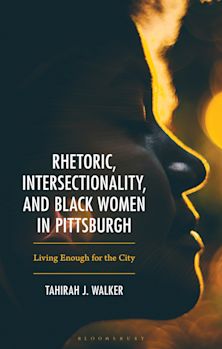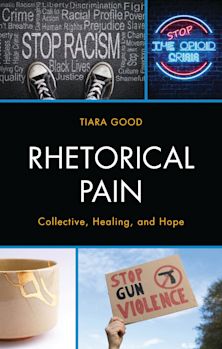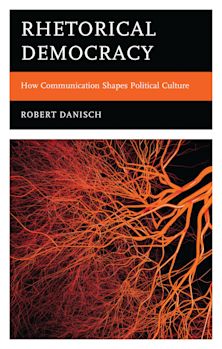- Home
- ACADEMIC
- Communication Studies
- Rhetoric
- Rhetoric and Public Memory in the Science of Disaster
Rhetoric and Public Memory in the Science of Disaster
Rhetoric and Public Memory in the Science of Disaster
This product is usually dispatched within 1 week
- Delivery and returns info
-
Free US delivery on orders $35 or over
You must sign in to add this item to your wishlist. Please sign in or create an account
Description
Rhetoric and Public Memory in the Science of Disaster grapples with the role of science in the public memory of natural disasters. Taking a psychoanalytic and genealogical approach to the rhetoric of disaster science throughout the twentieth century, this book explores how we remember natural disasters by analyzing how we try to prevent them. Chapters track the development of predictive modeling methods alongside some of the worst and most consequential natural disasters in the history of the United States. From miniaturized physical scale models, to cartographic renderings within a burgeoning statistical science, to ever more complex simulation scenarios, disaster science has long created imaginary versions of horrific events in the effort to prevent them. Through an exploration of these hypothetical disasters, this book theorizes how science itself becomes a site of public memory, an increasingly important question in a world of changing weather.
Table of Contents
Chapter 1: On Models and Memory
Chapter 2: Physical Scale Modeling and the Rhetoric of Sublimation
Chapter 3: Standard Project Disasters and Rhetorical Transposition
Chapter 4: Prefiguring Hurricane Katrina and the Rhetoric of “The Big One”
Chapter 5: Predictions of/and the Past
Product details
| Published | Jun 18 2024 |
|---|---|
| Format | Hardback |
| Edition | 1st |
| Extent | 194 |
| ISBN | 9781666938937 |
| Imprint | Lexington Books |
| Illustrations | 13 BW Illustrations |
| Dimensions | 9 x 6 inches |
| Series | Bloomsbury Studies in Contemporary Rhetoric |
| Publisher | Bloomsbury Publishing |
About the contributors
Reviews
-
Rhetoric and Public Memory in the Science of Disaster offers a novel and timely take on the rhetoric of memory and memorialization in the context of disaster rhetorics. It skillfully weaves psychoanalytic concepts together with detailed case studies concerning disaster preparedness in the United States while navigating several complex theoretical topical domains. Combining insights drawn from the rhetoric of science and technology with psychoanalytic and genealogical concepts on the function of memory, history, and governance, this work is especially pertinent given the ever-intensifying exigence of the climate crisis and its disproportionate effects on raced populations marginalized by crumbling infrastructure, systemic inequality, and manufactured precarity.
Atilla Hallsby, University of Minnesota, Twin Cities
-
Jeremy R. Grossman’s fascinating account of how predictive practices prefigure memories of unnatural disasters will enthrall and enlighten scholars of rhetoric, public memory, and science and technology studies alike.
Joshua Trey Barnett, Pennsylvania State University

ONLINE RESOURCES
Bloomsbury Collections
This book is available on Bloomsbury Collections where your library has access.













